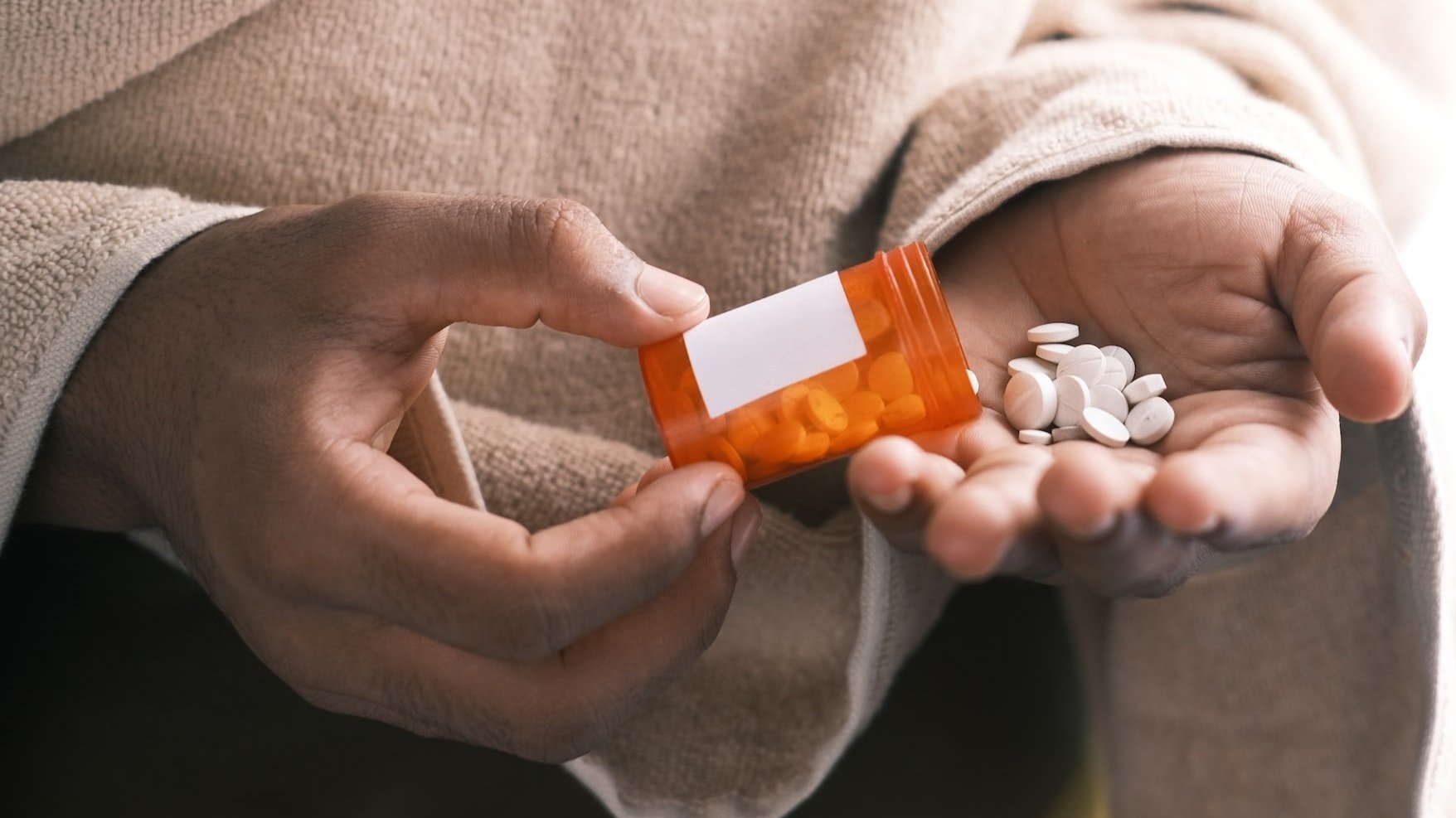
People deserve access to information and tools to keep themselves safer from harm.
Safer From Harm is a nonpartisan coalition to support harm reduction in public policy across typically siloed health issues. We make the case, across the ideological spectrum, that including harm reduction in public health strategies can improve lives and benefit communities, and that the government should not be in the business of blocking people’s access to harm reduction tools. Our free-to-join coalition brings together diverse communities to explore and make the case for harm reduction in public policy. Interested in joining? Get in touch!
What Is Harm Reduction?
Harm reduction was born from people helping each other reduce their health, social and legal risks associated with drug use. Instead of forcing abstinence, which does not work for everyone, harm reduction meets people where they are today. Traditional approaches include syringe services programs, medication-assisted treatment, drug-checking tools and overdose reversal drugs.
Today, harm reduction has applications from opioids to sexual health to tobacco and beyond. Overarching policy goals include equitable access to harm reduction information and tools, safe markets for legal products, competition for safer, more affordable products and protecting the ability of community-led programs to address the unique needs of the populations they work with.
-
Opioids
There are more than 200 daily opioid deaths in America. Policies that drive stigma and criminalization and reduce or block access to harm reduction tools are exacerbating this crisis.
Harm reduction policies that unlock access to syringe services programs, medication for opioid use disorder and opioid reversal drugs like naloxone can save lives, improve communities, save taxpayer dollars, help more people access recovery services, and benefit employers and the economy.

-
Sexual Health
In 2021, more than 36,000 Americans were diagnosed with HIV, which carries an average lifetime cost of treatment of $420,000. Pre-exposure prophylaxis (PrEP) is up to 99 percent effective at preventing HIV, but only 30 percent of Americans whom PrEP could benefit were prescribed the drug in 2021.
Sexual health has intersections across harm reduction. Syringe services programs for people who inject drugs can halve HIV and Hepatitis C infections. Smoking rates among people living with HIV (PLWH) are high, and PWLH who smoke are now more likely to die from smoking tobacco than from causes related to AIDS.

-
Tobacco
In the United States, 480,000 people die every year from smoking. It’s the leading cause of preventable death and disease in America, with disproportionate impacts on marginalized groups. While youth smoking has declined significantly over the past two decades, the vast majority of adults who smoke are unable to quit. Access to tools like e-cigarettes and other reduced-risk nicotine products can help adults stay safer by boosting both switch and quit rates.

-
Cannabis & Psychedelics
More than 50 million Americans use cannabis. Twenty-eight percent of Americans have used psychedelics. There is growing interest in these products in therapy for PTSD, depression and substance use disorders. More research is needed and state regulatory efforts should be followed closely. Cost and access will be important factors for equity.

Our Guiding Principles
We believe that the principles of harm reduction—including autonomy, non-judgment, equity and meeting people where they are—hold true across issues. Harm reduction has something for everyone: It values people’s dignity. It improves public safety. It has positive outcomes for first responders. It can be found in many faith traditions. It drives access to safer products. It is cost-effective. And it reduces inequities for marginalized populations across health, access and criminal justice. Our members come to harm reduction for their own reasons, but as a coalition we embrace the following principles:
All people have inherent value and autonomy. Everyone engages in some risky behaviors, and everyone deserves access to the information and tools necessary to stay safer from harm.
The real world is complex. Our policies should meet people where they are, and reflect the realities of both markets and human behaviors, with nuance and pragmatism.
Harm reduction can complement prevention and recovery, but prohibitionist policies do not work: they make communities less safe and fall more harshly on marginalized people.
Safer From Harm is a free-to-join, non-partisan coalition powered by R Street Institute, but does not necessarily reflect the positions or opinions of R Street. For media requests, please e-mail pr@rstreet.org.
